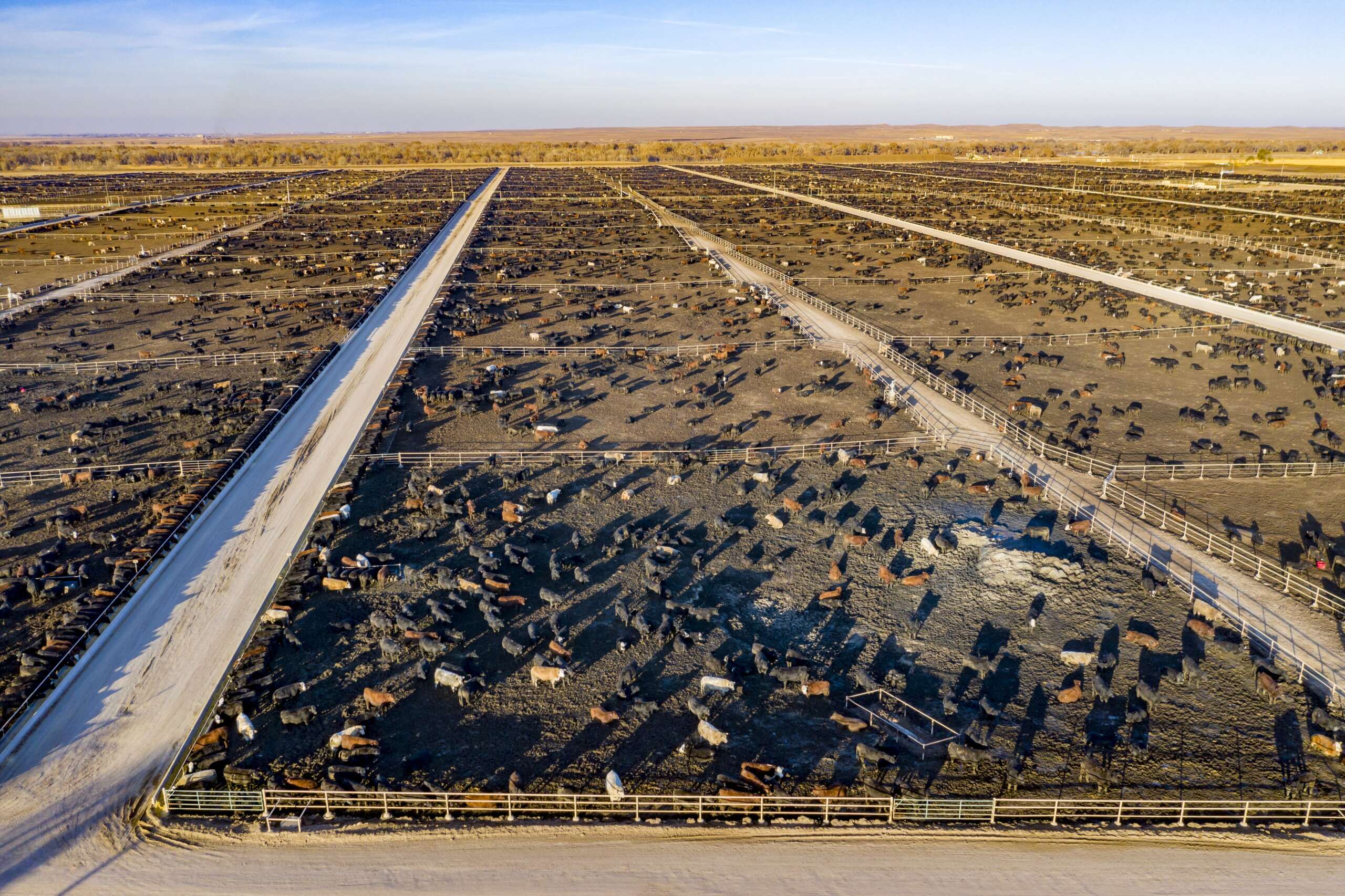
"The report maps cattle and hog farms across the U.S. and finds they are often located in communities with higher percentages of people of color and uninsured residents. Fine particulate matter levels in census tracts with cattle operations are 28 percent higher than those without, and with hog farms, PM2.5 levels were found to be 11 percent higher."
"The authors caution that air pollution burden in affected areas can lead to more hospitalizations, creating financial problems for residents lacking health coverage. Lack of governmental oversight into industrial animal agriculture, alongside rising temperatures from climate change, increases health risks for these vulnerable communities."
Research indicates that animal feeding operations, including cattle and hog farms, are sited in communities with a significant presence of Latino residents and people lacking health insurance. These operations contribute to increased levels of fine particulate matter, with cattle operations showing 28 percent higher and hog farms 11 percent higher PM2.5 levels than areas without such farms. The consequent air pollution may lead to higher rates of hospital visits and financial hardships for residents, particularly in areas with less regulatory oversight and rising climate-related temperatures.
Read at Truthout
Unable to calculate read time
Collection
[
|
...
]